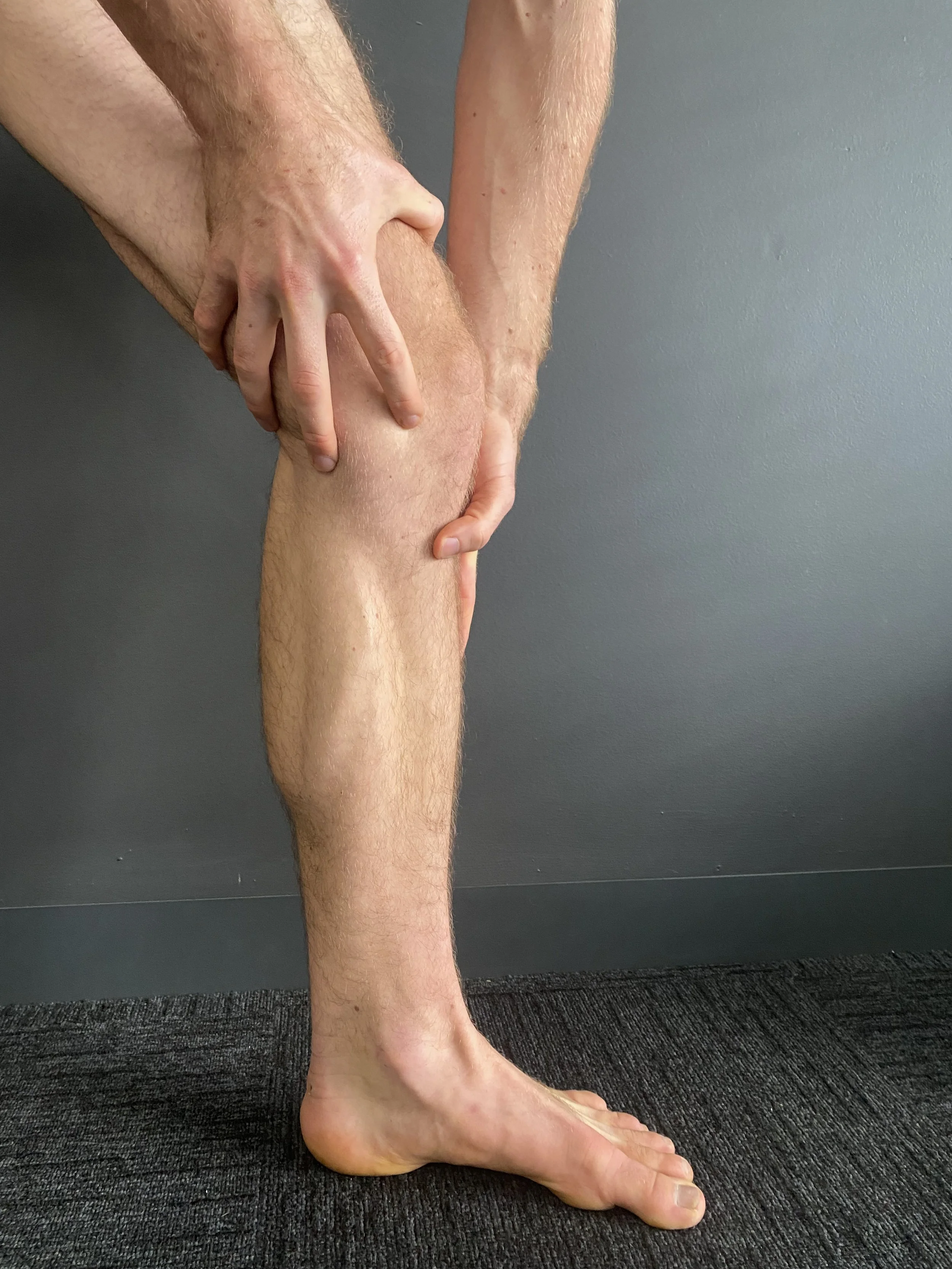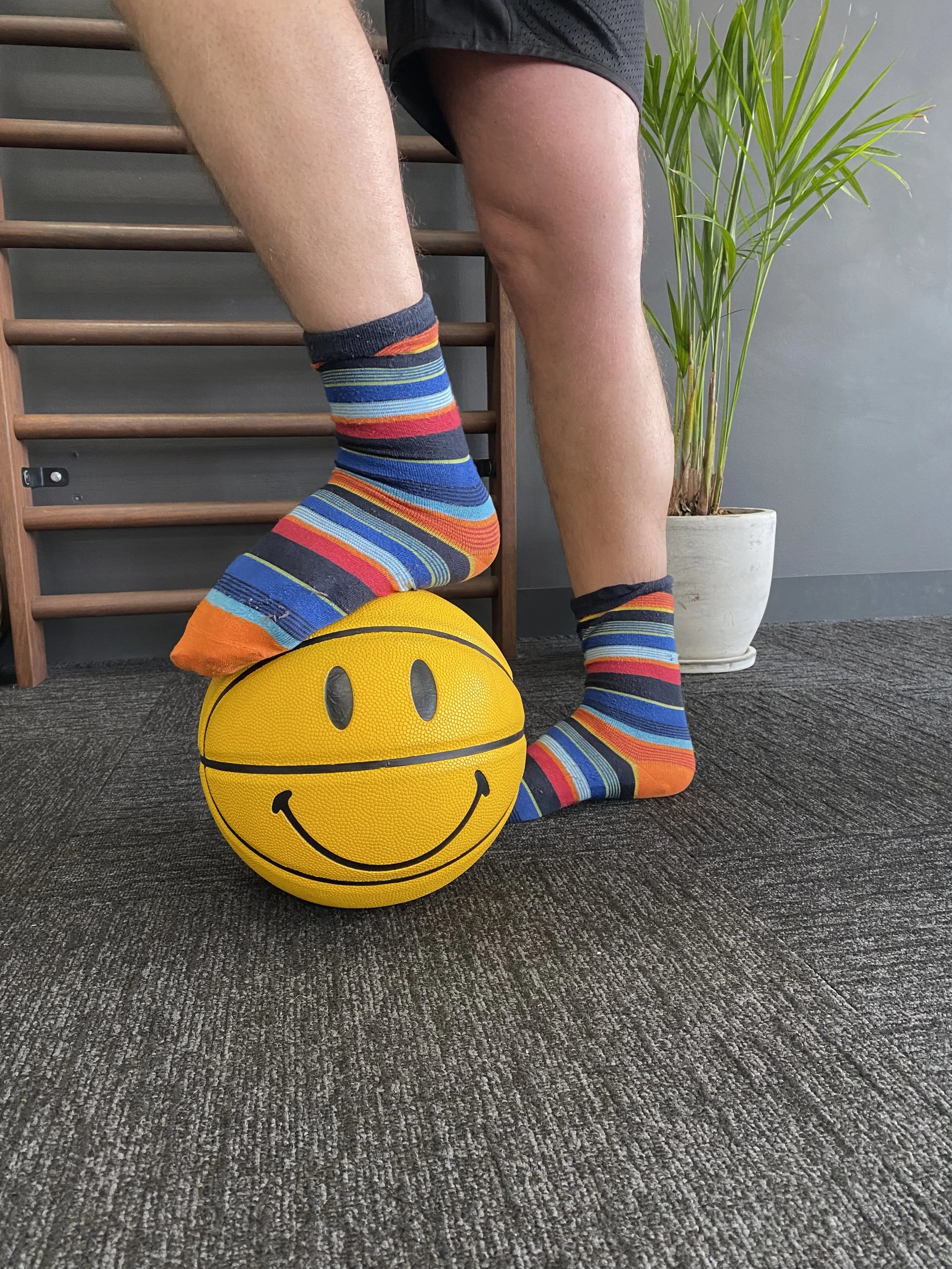
Do you suffer from knee pain?
The second most common presentation that we see at Exercise Thought for physiotherapy is knee pain
The second most common presentation that we see at Exercise Thought for physiotherapy is knee pain. Most of the diagnoses in the category of knee pain includes degenerative meniscus injury, osteoarthritis and patellofemoral pain syndrome. Occasionally we see injuries to the anterior cruciate ligament, patella tendon and other less commonly presenting structures.
Degenerative disc injuries are often well managed naturally and so without surgery. We have recommended orthopedic surgeons in Lilydale who have expertly recommended either surgical or natural recovery. Degenerative meniscus injury is not as scary as it sounds. Degenerative is the word that we use when referring, in healthcare or physiotherapy specifically, to an injury that does not occur at one moment in time but rather as a consequence of several moments over the course of a persons life. A sudden, or acute, meniscus injury would contrast with a degenerative injury because the former would occur within a specific and memorable moment. An example of this would be a recent presentation of a gridiron athletes who presented with sharp and excruciating pain that limited walking and significantly restricted knee flexibility for several days after the injury. This person had no past history of mini school on a joints injury. An example of degenerative knee pain originating from a meniscus would be more typified by an older adult who has had a Niggli knee for some years and who one day trips or knocks their leg to result in an increase of pain on the background of low level and prolonged discomfort. The treatment for these two conditions widely varies.
I cute or recent meniscus injury, especially those in competitive athletes playing multi directional sports, will often undergo surgical repair of a mini scooter. This is especially recommended if the portion of the meniscus injured has an excellent blood supply and is therefore expected to heal to a high degree. When considering surgery and athletes or any individual may consider the following factors
to what degree does the person wish to resume high level, multi directional sport?
To what degree does current research evidence indicate that surgery achieves a superior recovery?
Is the expense of surgery, often many thousands of dollars, and the time away from work justified by the expectation of outcomes following surgery compared to a natural recovery?
Much of the research published on the outcomes following surgery or the avoidance of surgery for meniscus injury focuses on degenerative meniscus tears in older adults. When considering the aforementioned case of young athletes who injured his knee after playing gridiron, Exercise Thought‘s concierge and physiotherapy team informed the athlete that an in-house literature review had found evidence that surgical and natural recoveries Produced identical outcomes 3-, 6- and 12-months down the track. The only benefit, it seemed from our literature review, was that decrease pain and increase function was experienced within the first six weeks for those who had undergone surgery compared to those who had not. Does this increase in function and reduction of pain in the early six weeks improve someone’s quality of life? Perhaps, in the short term. Does this short term benefit enable us to justify surgery in the long term? Perhaps. Perhaps not. Does the grief or sadness of having been removed from participation in sport become east, partly, by the promise that short term relief can be provided in the short term increase in function can be achieved through surgery?
Common Knee issues:
Infectious arthritis
Reactive arthritis
Juvenile arthritis
Meniscal injuries
Iliotibial band syndrome
Dislocated kneecap
Bursitis
Tendinitis
Ligament injuries
Inflammation
Fractures
Osteoarthritis
Rheumatoid arthritis
Gout
Lupus
Lyme disease
Patellofemoral pain syndrome
Loose cartilage
How can your Physiotherapist help you?
Diagnosis
Activity modification
Pain relief
Exercises
What we can help you with:
Running, cycling or sports injuries
Pain of any nature in or around the knee (sharp, dull, deep, aching, burning).
Post-operative rehabilitation
Ligament injuries (including ACL, MCL, LCL, PCL)
Knee-cap dislocation or pain
ITB syndrome and tension
Shin splints
Tendinopathy or tendon tears
Post-fracture rehabilitation
Knee bursitis or fat pad impingement
Muscular imbalances causing overuse injuries and pain
Nerve-related pain from the spine or lower limbs
Pelvic, hip and sacroiliac instability affecting the knees
Pre- and post-pregnancy presentations
Overuse injury related to repetitive work or activity
Lifestyle injuries caused by activities such as gardening, housekeeping, sewing, or looking after your kids
Reduced mobility and stiffness; osteoarthritis
Difficulty kneeling, squatting or completing stairs
Inability to complete your normal physical activities
Commencement of a new activity involving running, walking, lifting or repetitive work


